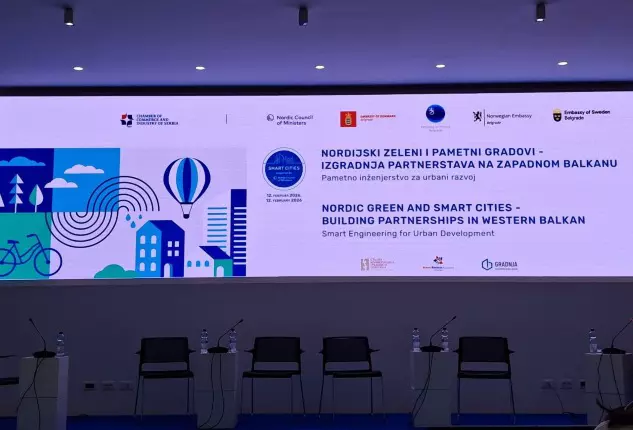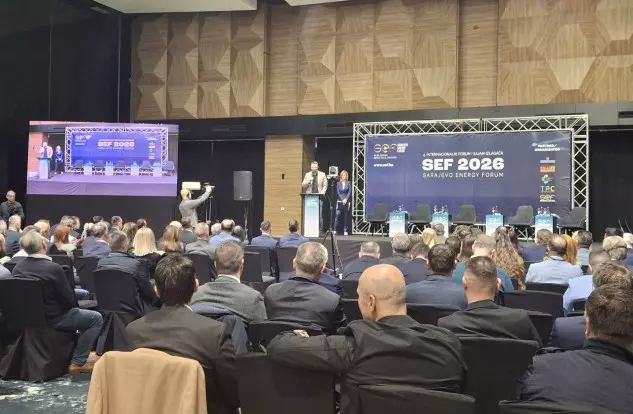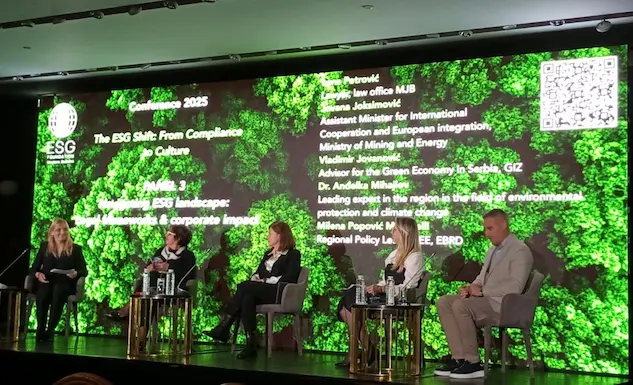The 14th International Energy and Investment Days, held on 15–16 October 2025 at the Novi Sad Fair under the slogan “Green. Digital. Local.”, once again confirmed the Novi Sad Fair’s position as the regional hub for the energy transition in buildings and green investments.
Organized by the Provincial Secretariat for Energy, Construction, and Transport, in collaboration with the Novi Sad Fair, and with the strategic support of E3 International, this year’s event brought together representatives from governments, municipalities, financial institutions, building managers, companies, and energy experts from across the Western Balkans.
Originally conceived as a professional trade fair, the event has evolved into a broader platform open to the general public. Organizers emphasized that the energy transition cannot be achieved by professionals alone; it requires the active engagement of citizens and enterprises ready to invest, adopt new technologies, and change consumption habits.
“Energy-efficient solutions and technologies have been around for a long time. The real challenge for the energy transition in buildings lies in developing effective investment de-risking mechanisms, raising public awareness, and inspiring the willingness to act for both individual benefit and the wider public good,” said Bonnie Norman, President of E3 International.
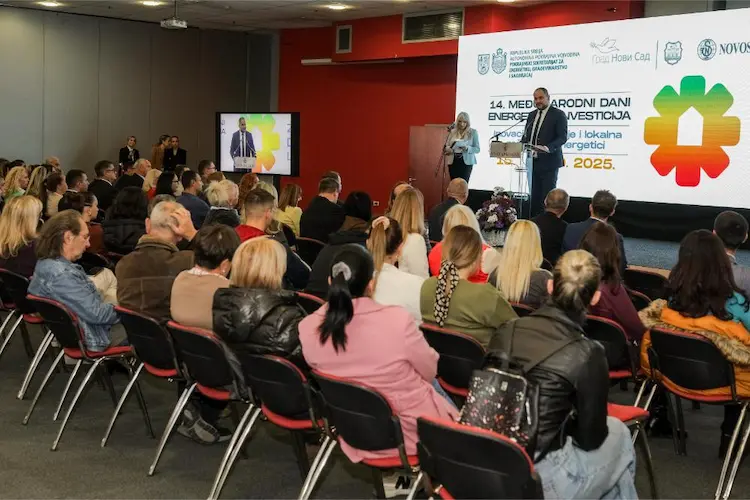
Energy and Investment Days 2025: from reluctance to results
Over the past three years, the Energy and Investment Days panels have traced the remarkable evolution of the region’s energy-efficiency market from the early discussions in 2023, when banks were still hesitant to finance energy upgrades, to 2024, when the first loan products for homeowners’ associations were launched, and finally to 2025, which marked a turning point with the first completed projects where residential communities borrowed to improve the energy performance of their buildings in Kula, Belgrade, and other localities.
Today, three banks, the Postal Savings Bank, ProCredit Bank, and Erste Bank in Serbia, have launched dedicated financial products for homeowners’ associations to undertake common-space energy retrofits. The first such loan, issued by ProCredit Bank to a housing association in Kula, demonstrates how local initiatives are becoming part of a growing national pipeline of energy projects. The outcome is energy savings and improved property values as well as health, comfort, and safety of residents.
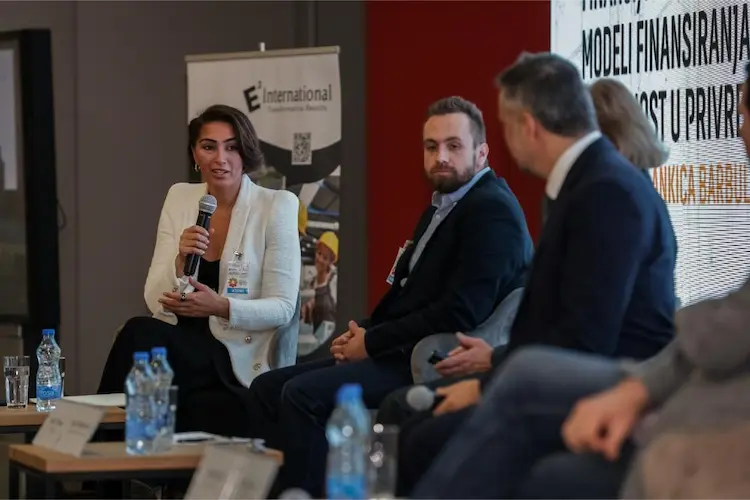
Technical assistance: the bridge between design, finance, and results
Such progress would not have been possible without technical assistance, which serves as the essential bridge between engineering expertise, financial structuring, and on-the-ground implementation. This support ensures that projects are not only properly designed, executed, and monitored, but also that investments translate into measurable energy savings and tangible benefits for citizens.
Technical assistance also plays a critical role in catalyzing the market and building local capacity, helping municipalities, building managers, and homeowners’ associations understand complex procedures, prepare quality project documentation, and make informed financial decisions. By connecting know-how with funding, it turns abstract policy goals into investment-worthy projects and practical, sustainable results.
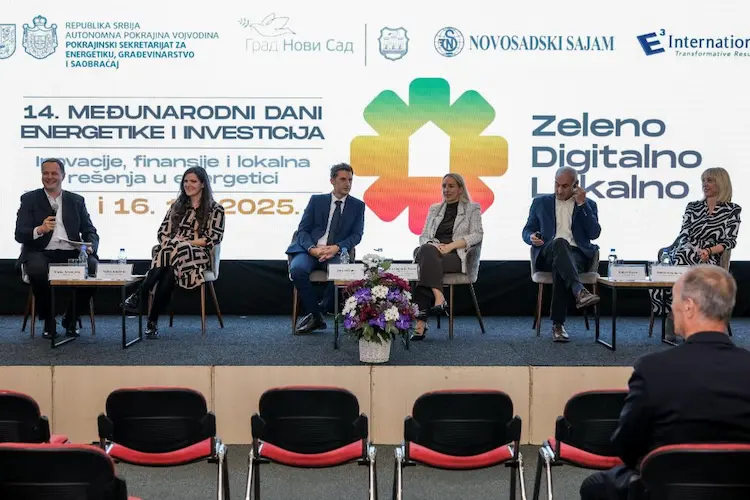
Digital tools for smarter transition
Equally crucial is the ongoing digitalization of procedures from subsidy calls and project preparation to data-driven monitoring and decision-making. Digital platforms enhance transparency, reduce administrative burden, and enable citizens and institutions to identify and prioritize projects with the highest potential impact.
During the Energy and Investment Days, the Chamber of Commerce presented a new digital tool called Manage Building Manager, designed to support building administrators in managing energy performance more efficiently.
De-risking investments for unlocking markets
One of the most frequently emphasized conclusions of this and previous editions was the need to de-risk new credit lines through a government-backed guarantee fund, envisioned as a mechanism to unlock Serbia’s €20 billion building-retrofit market.
Participants agreed that such a fund would close the entire project value chain, from decision-making and project preparation to financing and implementation, effectively transforming the energy transition from a pilot phase into a functioning market reality.
“Real change happens when government, citizens, and companies work together to turn vision into action.”
The 2025 edition confirmed that Energy and Investment Days have become more than a conference; they are a regional accelerator of ideas, partnerships, and policies shaping the green transition in the Western Balkans. By linking public and private actors, de-risking investment, and promoting digital innovation, the event continues to turn energy transition strategies into measurable progress for citizens and communities.
Read more about exhibotions and conferences here.
